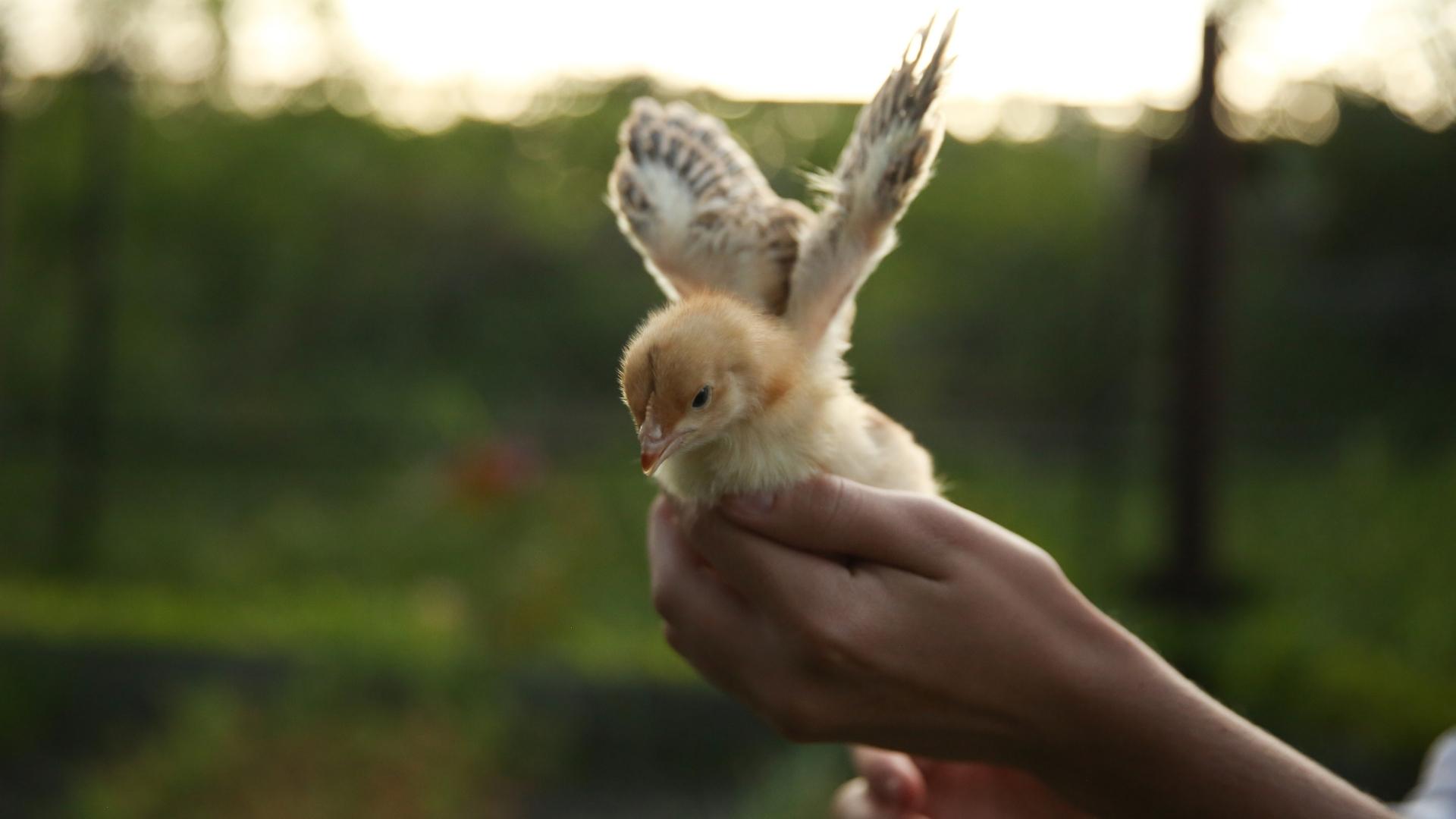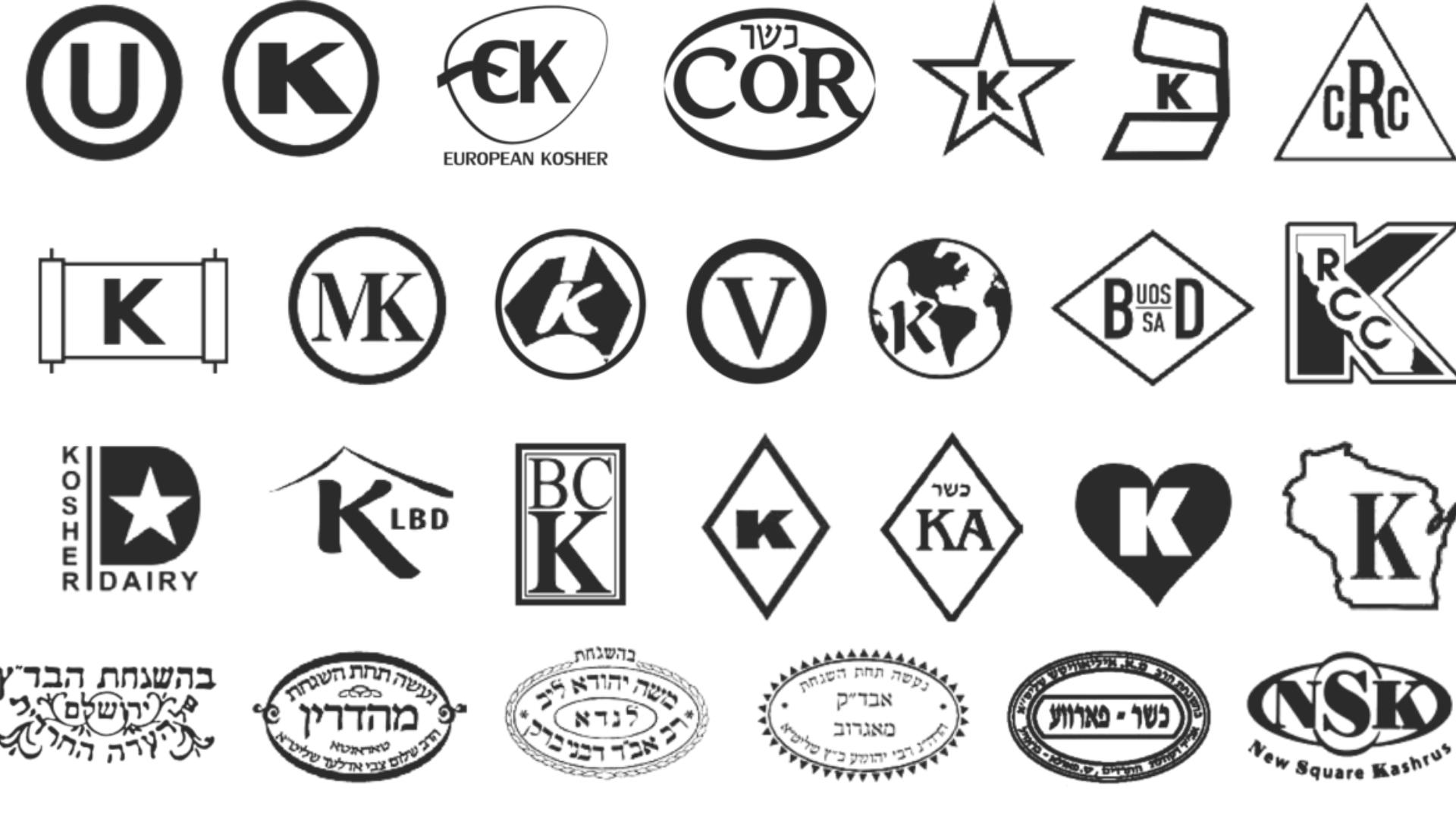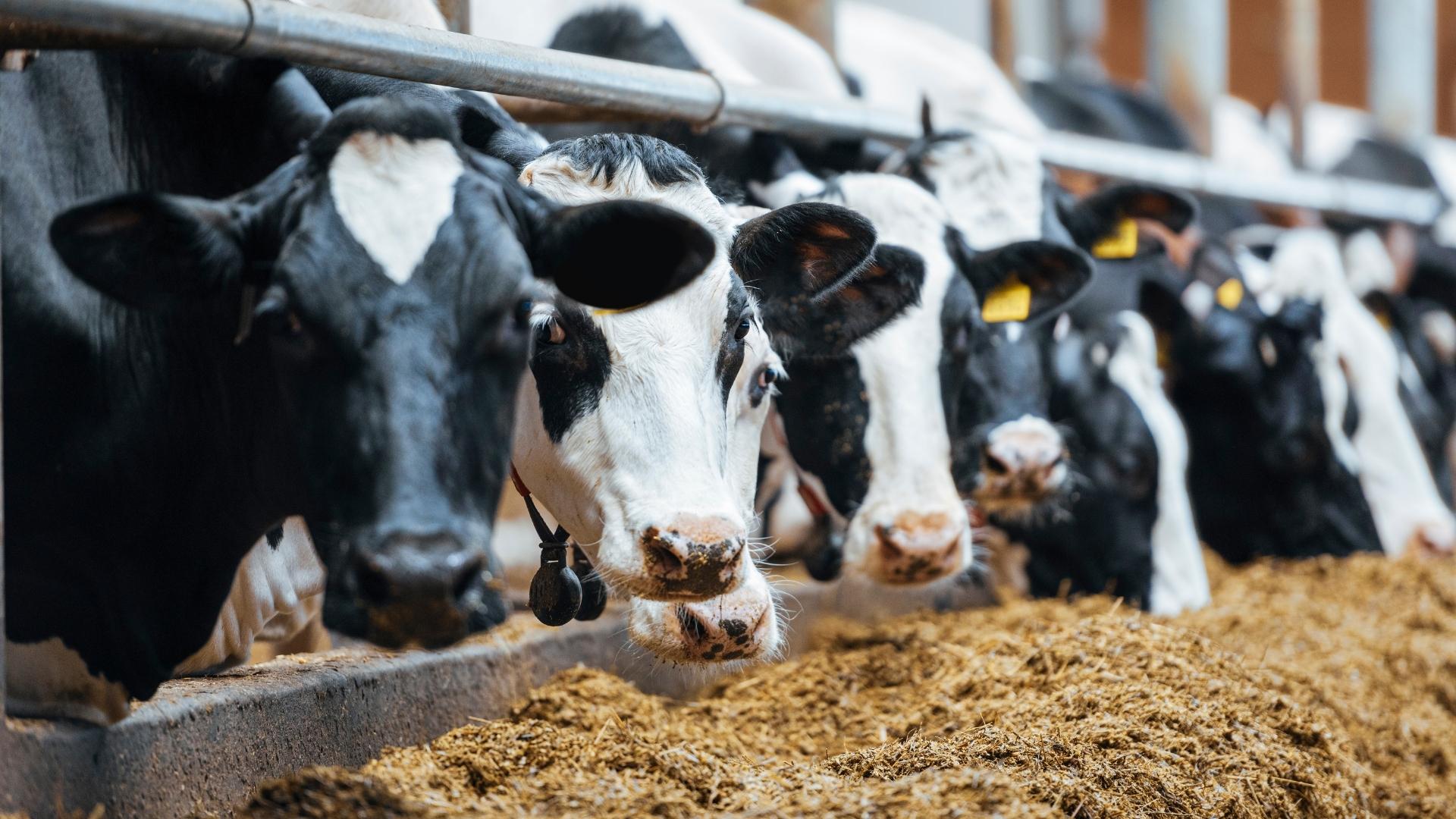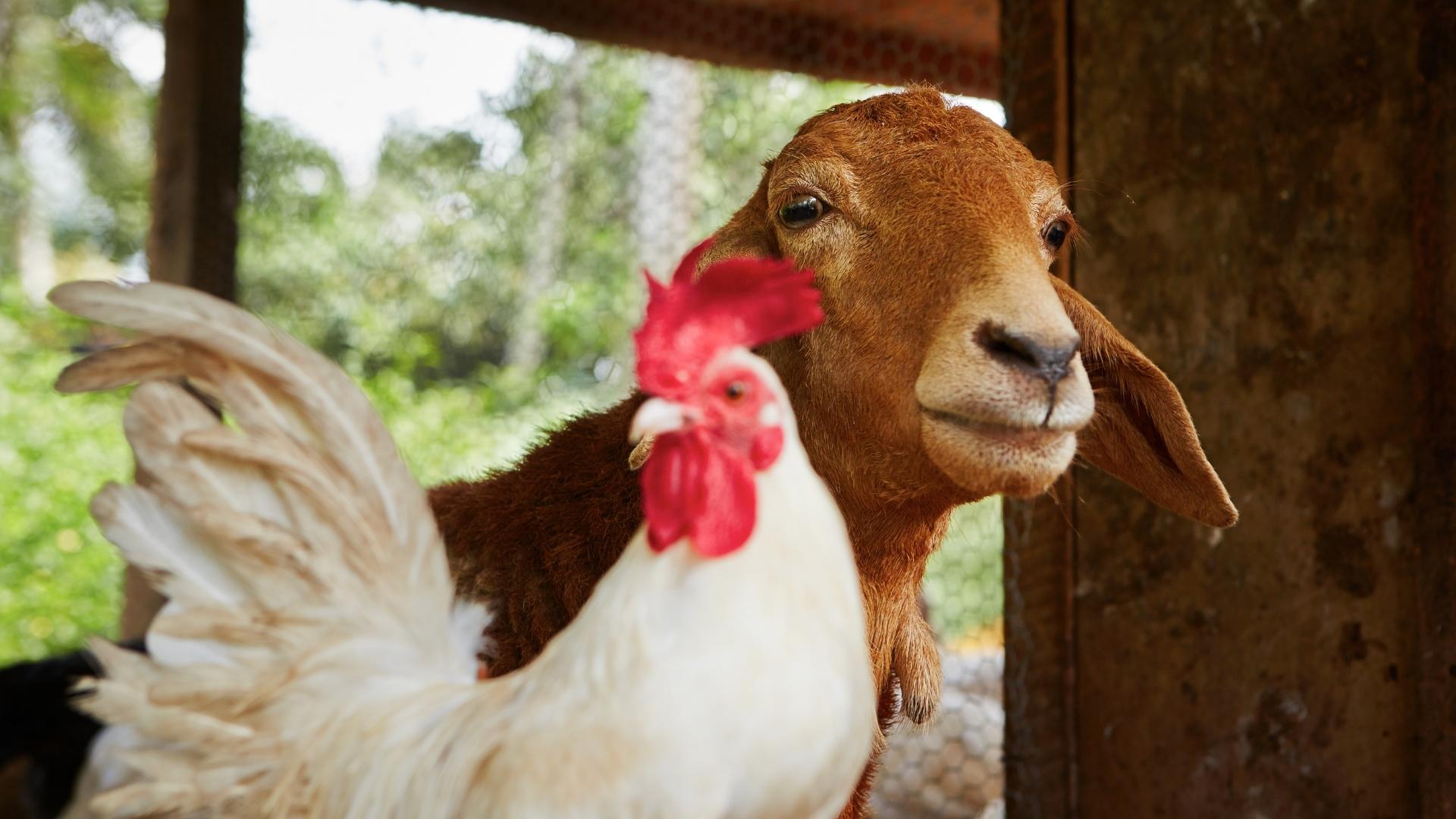Preventing the Suffering of Animals
When God creates the light and the earth, the sky and the trees, the fish and the birds and the creatures of the land, God says:
וַיֹּ֣אמֶר אֱלֹהִ֔ים נַֽעֲשֶׂ֥ה אָדָ֛ם בְּצַלְמֵ֖נוּ כִּדְמוּתֵ֑נוּ וְיִרְדּוּ֩ בִדְגַ֨ת הַיָּ֜ם וּבְע֣וֹף הַשָּׁמַ֗יִם וּבַבְּהֵמָה֙ וּבְכׇל־הָאָ֔רֶץ וּבְכׇל־הָרֶ֖מֶשׂ הָֽרֹמֵ֥שׂ עַל־הָאָֽרֶץ
Let us make an earth-being in our image, after our likeness. They shall rule over the fish of the sea, the birds of the sky, the land animals, over the whole earth, and over all the creeping things that creep on earth.
—Genesis 1:26
So God creates the earth-being (ha-adam, derived from adamah, earth), and God tells them what they can eat: plants.
If this seems like a contradiction, that the earth-being ruling over the animals should eat only plants, it might help to understand what to rule means in the Torah’s context. In our sacred writings, a ruler is not a tyrant or exploiter. A ruler is, at least ideally, a public servant. It is their job to ensure that the people are safe and well cared for.
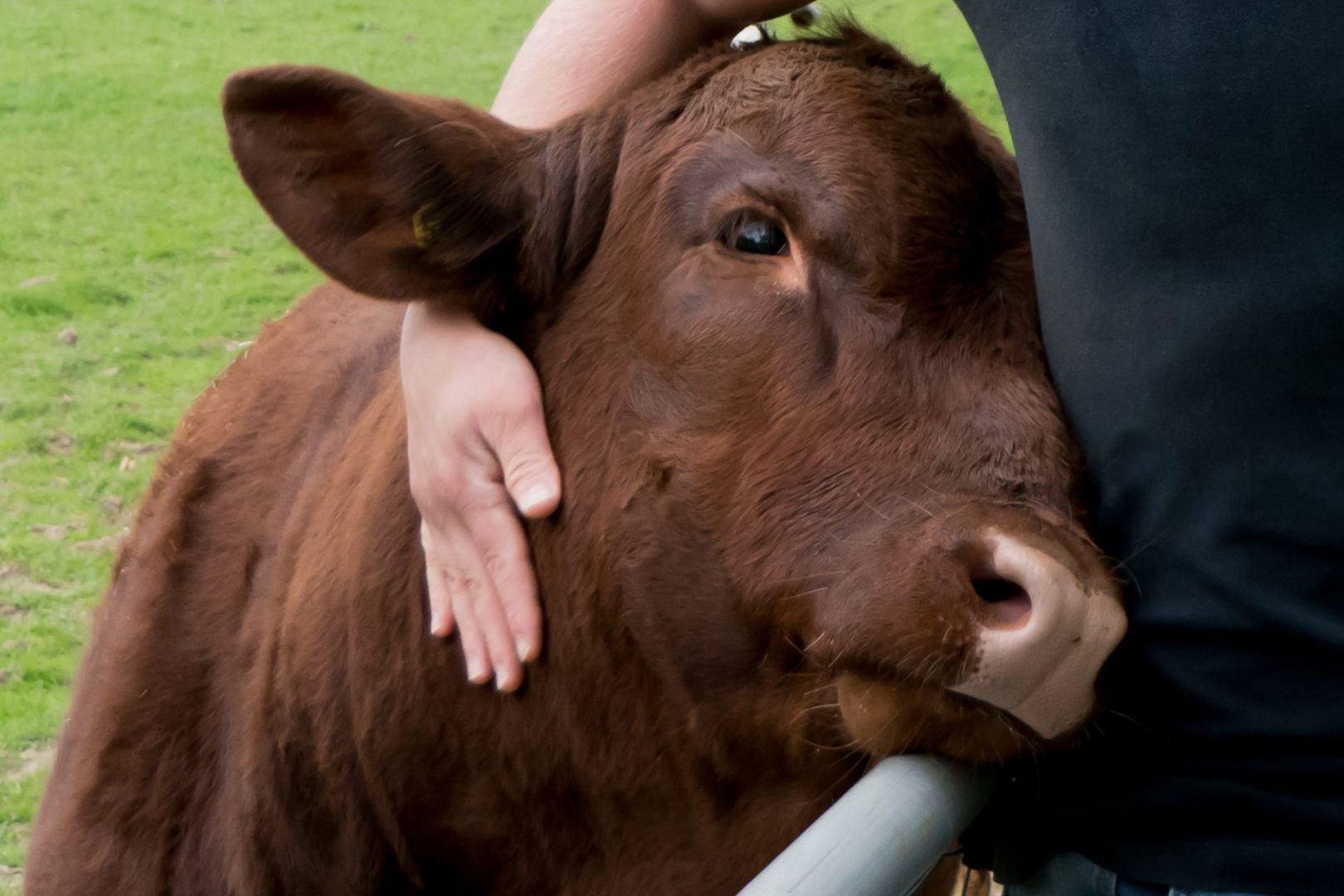
When we call God melech, ruler, we are invoking that sense of the verb to rule. So when we are created in the image of God, are we not also meant to rule in God’s image?
In Jewish text and thought, the answer is simple: Yes.
Human responsibility for nonhuman animals is fundamental and sacred to our tradition. In the Talmud, this ethical mandate is named tza’ar baalei chayim: preventing the suffering of animals.
צַעַר בַּעֲלֵי חַיִּים דְּאוֹרָיְיתָא
Causing a living creature to suffer is a Torah prohibition.
—Babylonian Talmud, Shabbat 128b
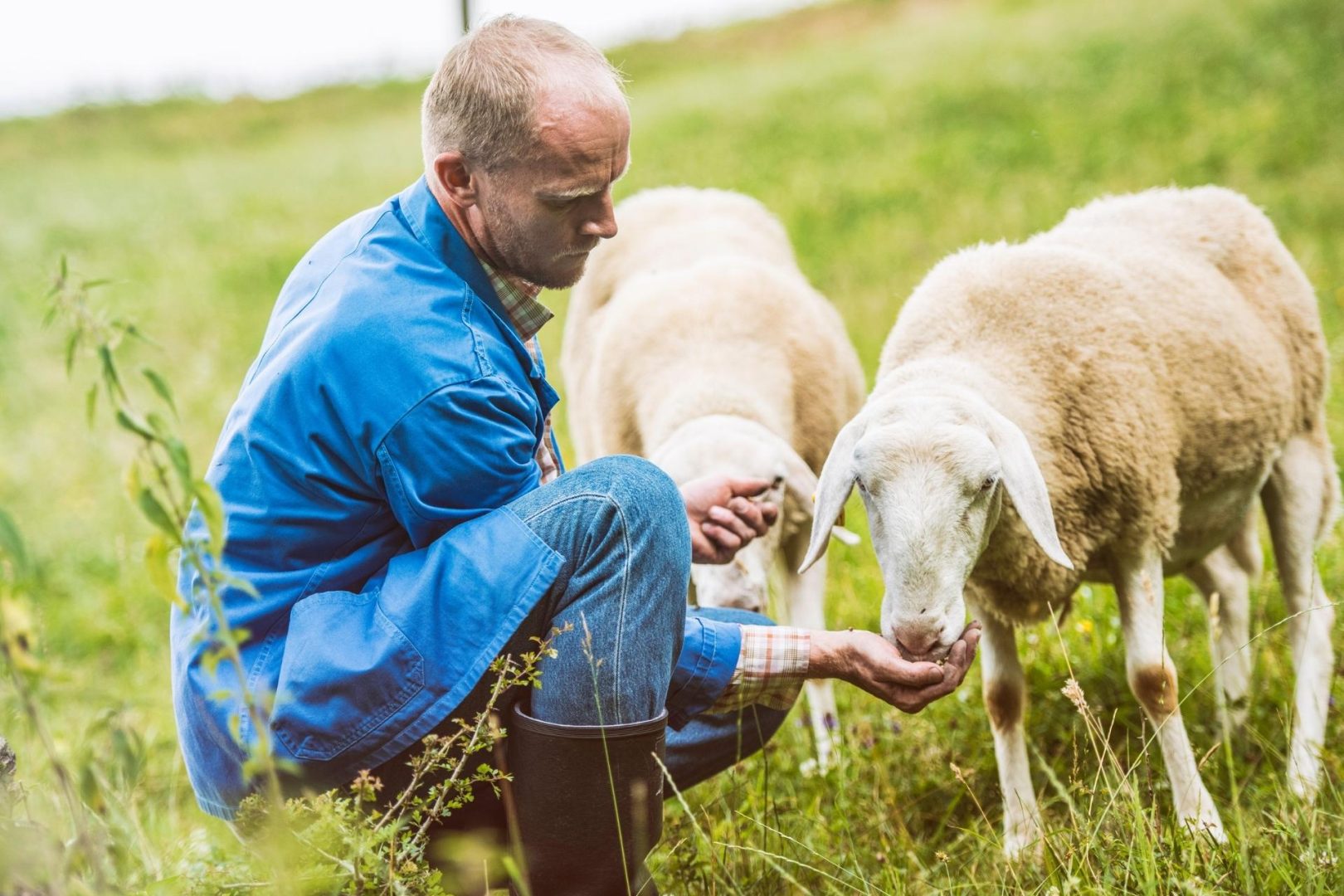
The Torah offers very specific instructions, in fact, on how to prevent suffering: from forbidding animals of different sizes and strengths to be yoked together to plow (Deuteronomy 22:10) to forbidding the muzzling of oxen while threshing (Deuteronomy 25:4). In debating tza’ar baalei chayim, the Talmud discusses at length the commandment to help an overloaded donkey who is struggling with their burden—even when the donkey is your enemy’s (Exodus 23:5)!
In fact, ethical treatment of animals is so central to Judaism that we even find it in the Ten Commandments. The observance of Shabbat, the sacred day of rest, is not only for humans: animals are to be protected from working, too (Exodus 20:10).
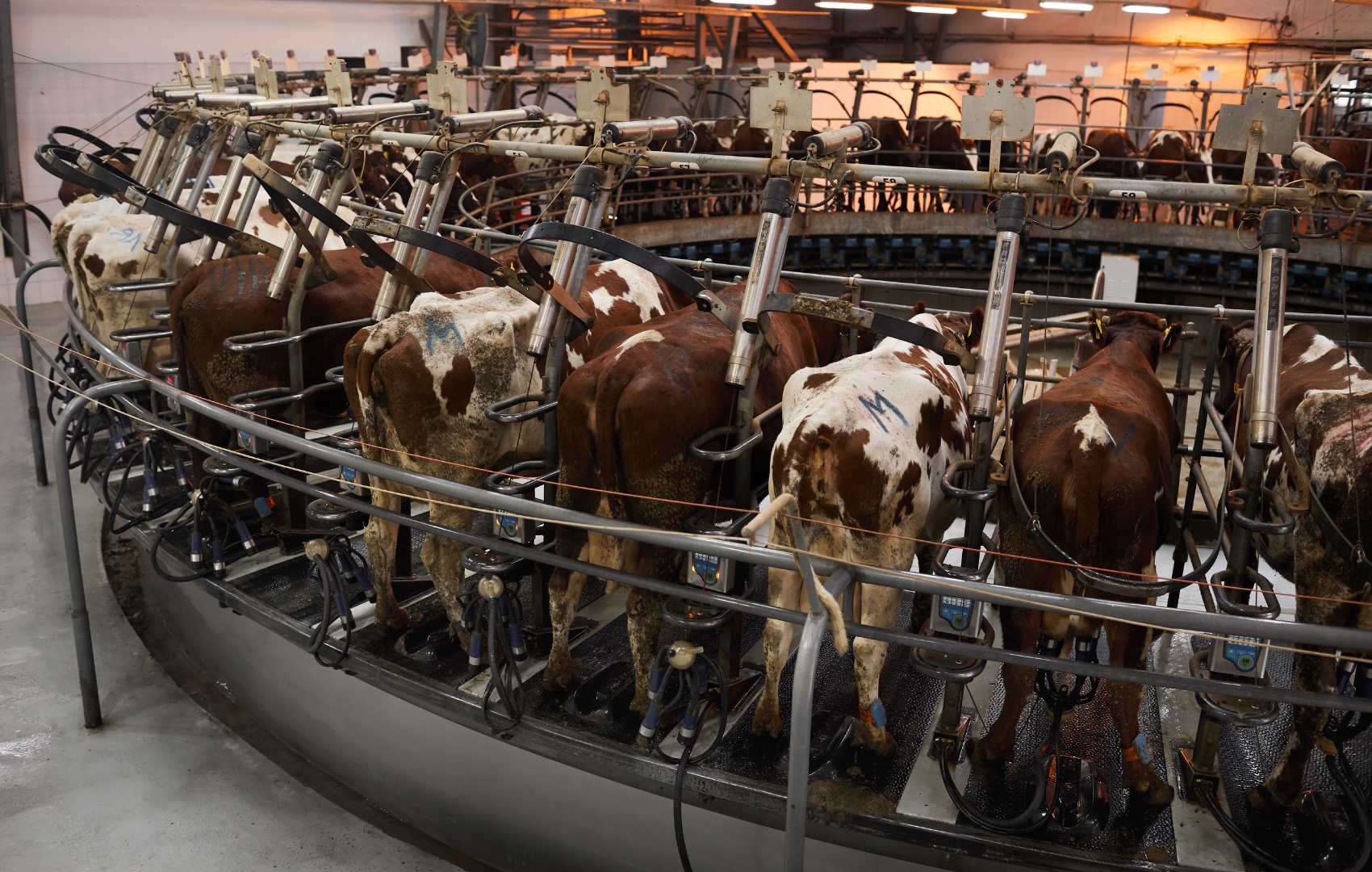
So in the Garden of Eden, in our story of paradise, we find that the human is entrusted with the responsibility of caring for the nonhuman animals and for all the earth—and this is immediately, and directly, tied to what we eat.
A ruler who inflicts violence on their subjects is, after all, unfit to rule. And in today’s world of industrialized animal agriculture, where factory farms commit egregious atrocities against nonhuman animals as a matter of course (not to mention their human workers), tza’ar baalei chayim could not be further from the reality.
What would it mean for us, communally and individually, to seek a return to this ethical principle in our decision-making around food? What would it look like for us to truly take responsibility for the well-being of nonhuman animals?
Perhaps the answer is just as simple now as it was in the beginning:
Eat plants.
You may also be interested in…
